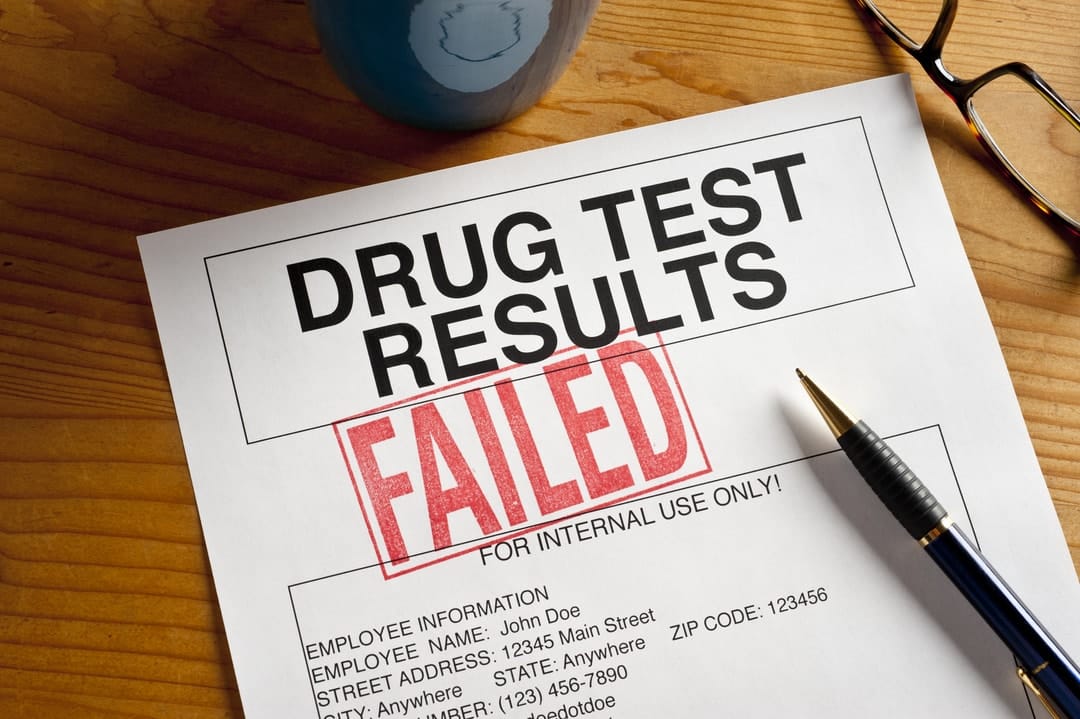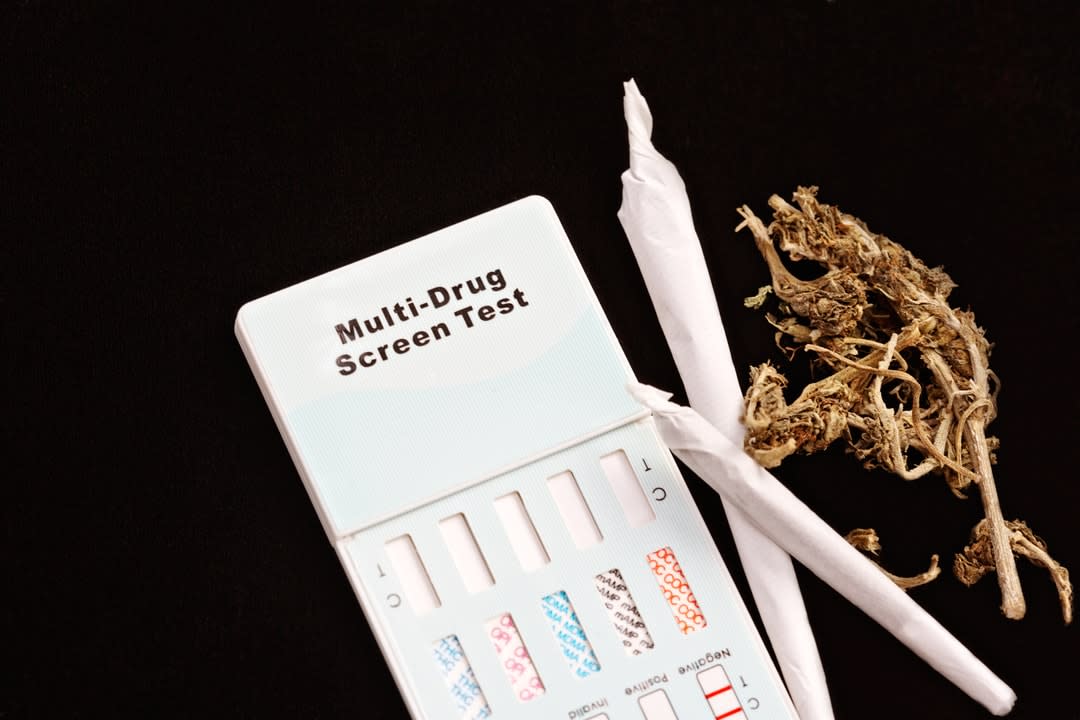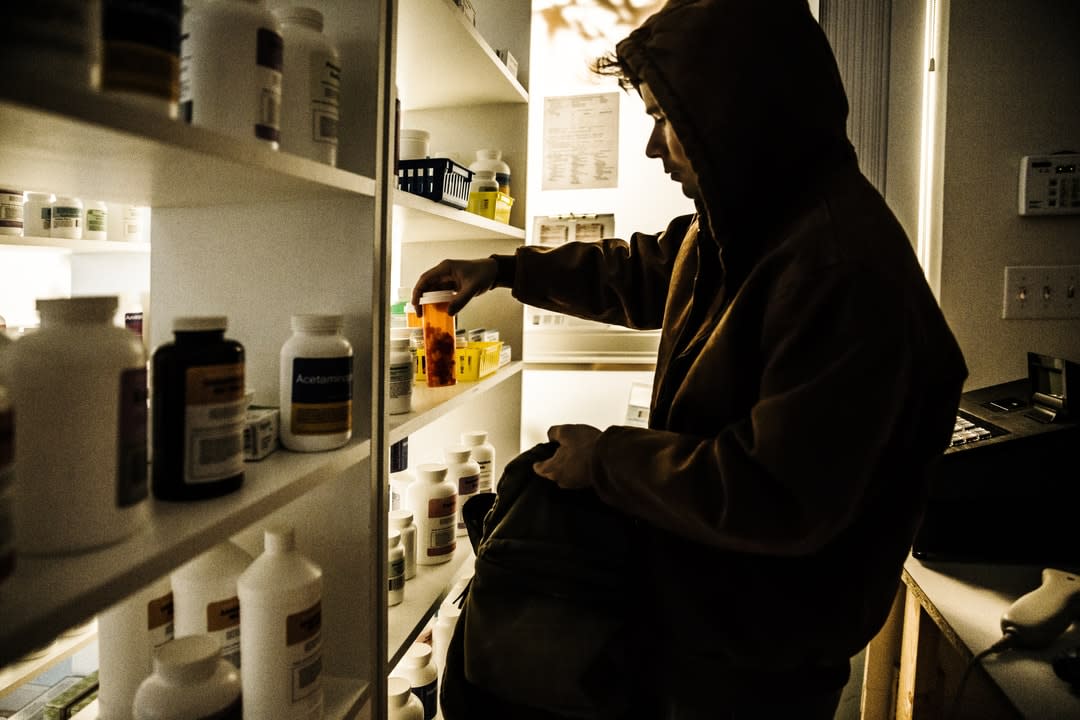
Social Services minister Senator Anne Ruston recently confirmed that the Federal Government intends to pursue its trial of testing some welfare recipients for drugs. Not only will such policy have little impact in reducing problems related to drug use in our community, it raises major ethical concerns.
Proponents of welfare drug testing programs say they are a way to identify people with drug problems and get them help, and that they ensure fairness by stopping taxpayers having to fund “people with drug problems to sit on welfare”.
Opponents say the programs won’t work, could increase crime and homelessness, distract us from dealing with systemic causes of unemployment, are punitive and stigmatise society’s most disadvantaged.
The impact of drug dependence on some of the most vulnerable members of Australian society is severe. But our recent study showed that welfare drug testing programs are not a solution to this problem, and are not ethically acceptable.
We used a simple test for ethical acceptability: to be ethical, welfare drug testing programs need to achieve aims that are worth the costs they are likely to impose. We found that the programs fail this test, for different reasons for different classes of people who use drugs.
People using drugs recreationally are not worth pursuing this way since their use is barely harmful. And people who are dependent mostly face numerous obstacles to employment and need a “whole of case” approach rather than a sole focus on drug use.

But for both groups, and for society generally, the financial and social costs of these programs will be high. Costs include the rights infringement involved in the test itself; the effects of welfare exclusions, such as exacerbating mental health problems and economic hardship, reducing child welfare and increasing crime; reinforcing harmful social stereotypes; and the (surprisingly high) financial costs.
According to policy documents, the main aims are to reduce drug use thereby improving employment outcomes and preventing welfare payments from being spent on illicit drugs. Other aims mentioned in public debate are protecting children, reducing drug-related crime, and reducing government spending.
Evidence about whether drug treatment reduces drug use indicates moderate effectiveness. But many people who use drugs are not dependent and drug testing cannot distinguish recreational from dependent use.
There is, however, strong evidence that people receiving welfare who experience drug dependence are likely to experience other barriers to employment: low education levels, physical or mental health problems, responsibilities to care for children with physical or mental health problems, or domestic violence. Drug dependence, unemployment, and these other factors sit in complex causal relationships.
Exclusion from welfare – if an outcome of testing – is correlated with exacerbated mental health problems, economic hardship, and child maltreatment. Coerced treatment – if an outcome of testing – raises ethical concerns about the right to refuse medical interventions, may differ in effectiveness from voluntary treatment, and will not be relevant for people using drugs recreationally or occasionally. The programs could also reinforce harmful stereotypes, including racist stereotypes.
Excluding people who use drugs from welfare could, indeed, meet the aim of reducing welfare payments spent on drugs. But the costs would be far too high for achievement of this aim to be worthwhile – costs such as preventing people from meeting their basic needs, exacerbating economic hardship and health problems, increasing crime as people seek other means of support, and having negative effects for children. Excluding people from welfare is also likely to have negative effects for their employability.

Referring people dependent on drugs to treatment might moderately reduce drug use, and thereby moderately reduce welfare payments spent on drugs. It’s not clear whether treatment would improve employability from available evidence.
What is clear is that improvements in these regards are unlikely to be very positive if other barriers to employment are not addressed.
Effects of treatment on child welfare are also contested. Some US studies found increased likelihood of child maltreatment allegations after parental treatment.
There is some evidence that drug treatment can reduce crime.
Data from the US shows that welfare drug testing programs are likely to increase rather than reduce government spending overall.
However, even if there are some moderate positive effects, the costs and burdens this policy imposes – on people receiving welfare, people with drug use problems, and society generally – are too high to be justified by any positive effects. And on available evidence, the occurrence of the costs and burdens is more certain than is the achievement of any of the positive effects.
Drug testing welfare recipients is not ethically acceptable policy. The Federal Government should make drug treatment available to more people who voluntarily seek it rather than introducing policy likely to do more harm than good.
This article was co-authored with Professor James Franklin from UNSW Sydney.





